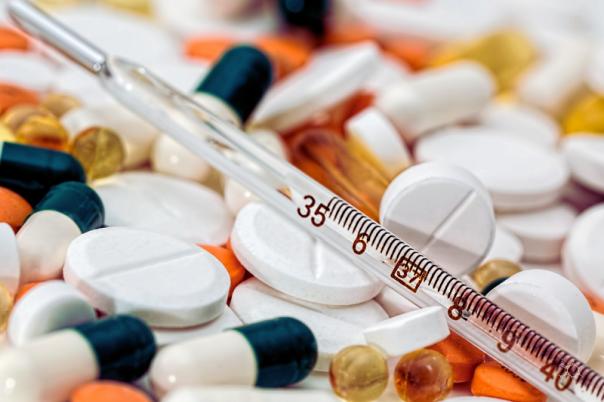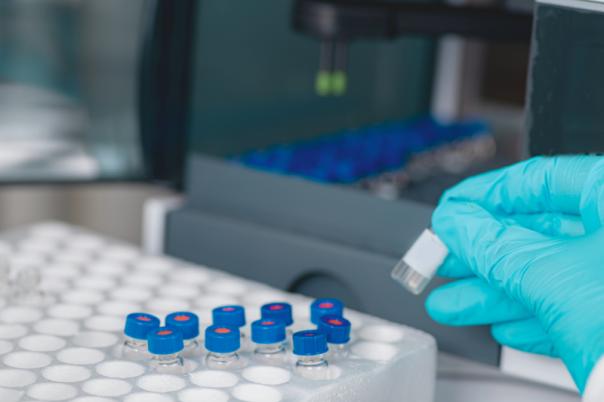Intract Pharma span out of the UCL School of Pharmacy in 2016. They have a passion for improving the delivery of small molecules and biologics. In pursuit of this aim, they have developed pill coatings to deliver payloads to specific parts of the intestinal tract, payload stabilisation and protection technologies, and uptake enhancement strategies.
Phloral Pill Coating
Established pill coatings use a pH sensitive polymer to protect the pill when it moves through the acidic environment of the stomach but dissolves lower down in the tract as the pH increases, releasing the API. This works well in most cases; however, the pH profile can vary from patient to patient and can also be susceptible to GI pathologies.
To solve this problem, Intract have developed the Phloral pill coating. This clinical-stage technology which is responsive to two triggers: the regular pH dependent component, as well as a fail-safe mechanism. If the Phloral-coated pill does not reach the pH threshold for the first trigger, the coating becomes susceptible to digestion from bacterial released amylases which are most prevalent in the colon.
Soteria API Protection
Protein therapeutics are susceptible to destruction by the GI and therefore need to be protected against protease activity. Intract’s API protection technology is called Soteria: a combination of a protease inhibitor and a number of dipeptide components which synergistically protect against the GI’s harsh environment.
Uptake Enhancement Strategies
Intract Pharma are also developing technologies to enhance the uptake of large molecules. Intract Pharma is working with formulation permeation enhancers to improve the permeation of large molecules in combination with their Soteria technology. They have had reasonable success in achieving decent levels of antibodies in the blood using these enhancers in small animal models.
Furthermore, the company is developing UTAC technology to utilise active transport mechanisms for the passage of antibodies across healthy GI epithelium. This technology aims to expand the applications of oral formulations for various antibody therapeutics.





